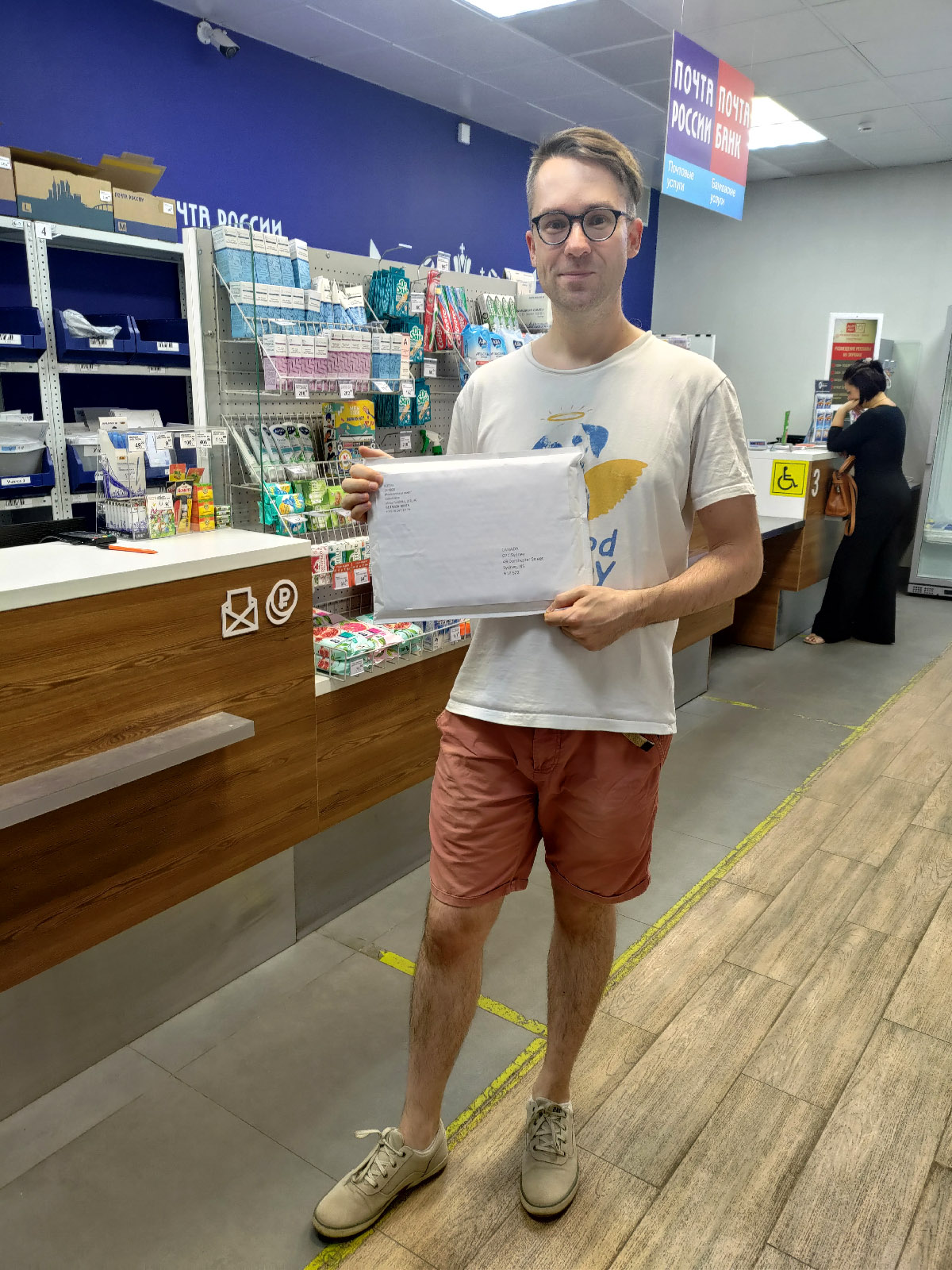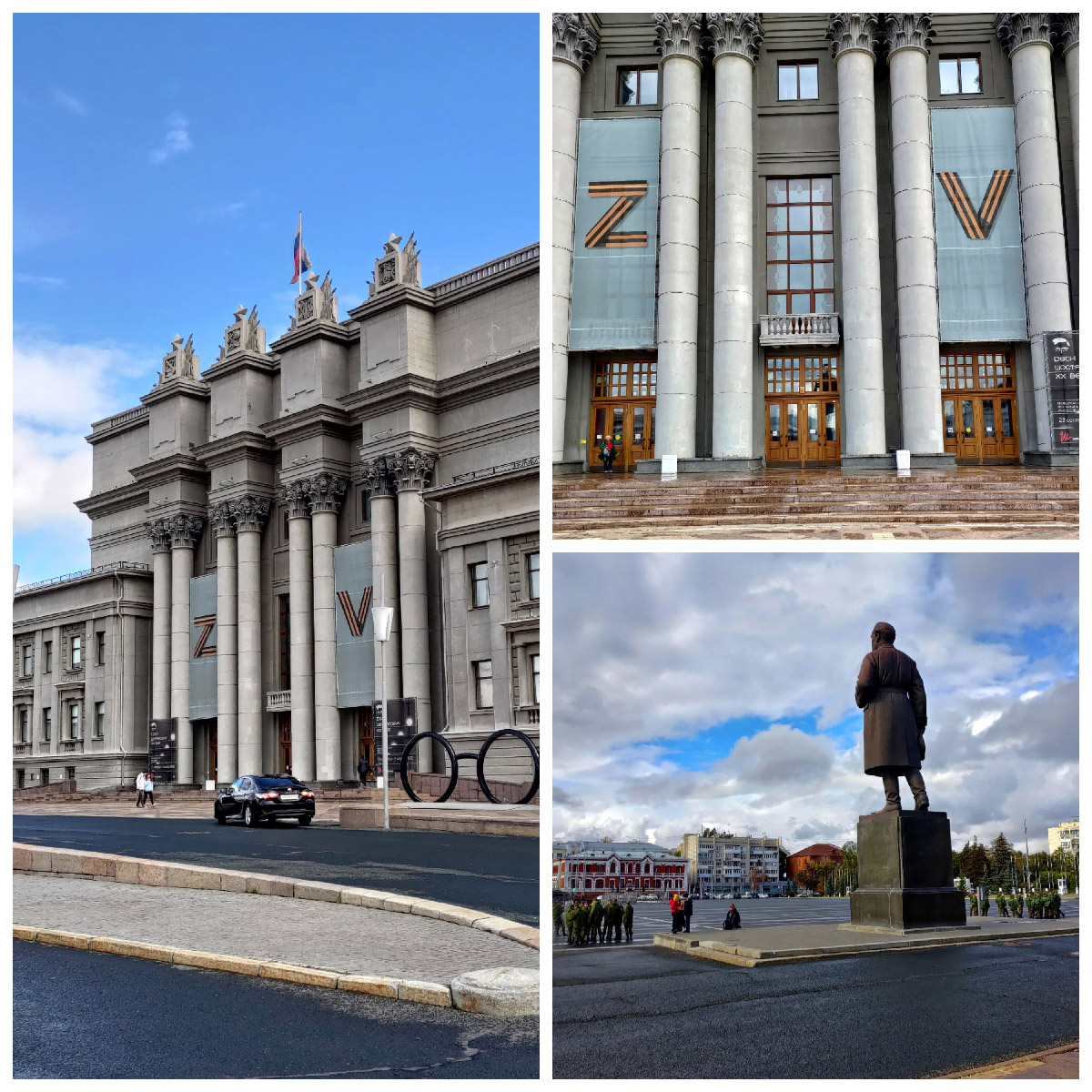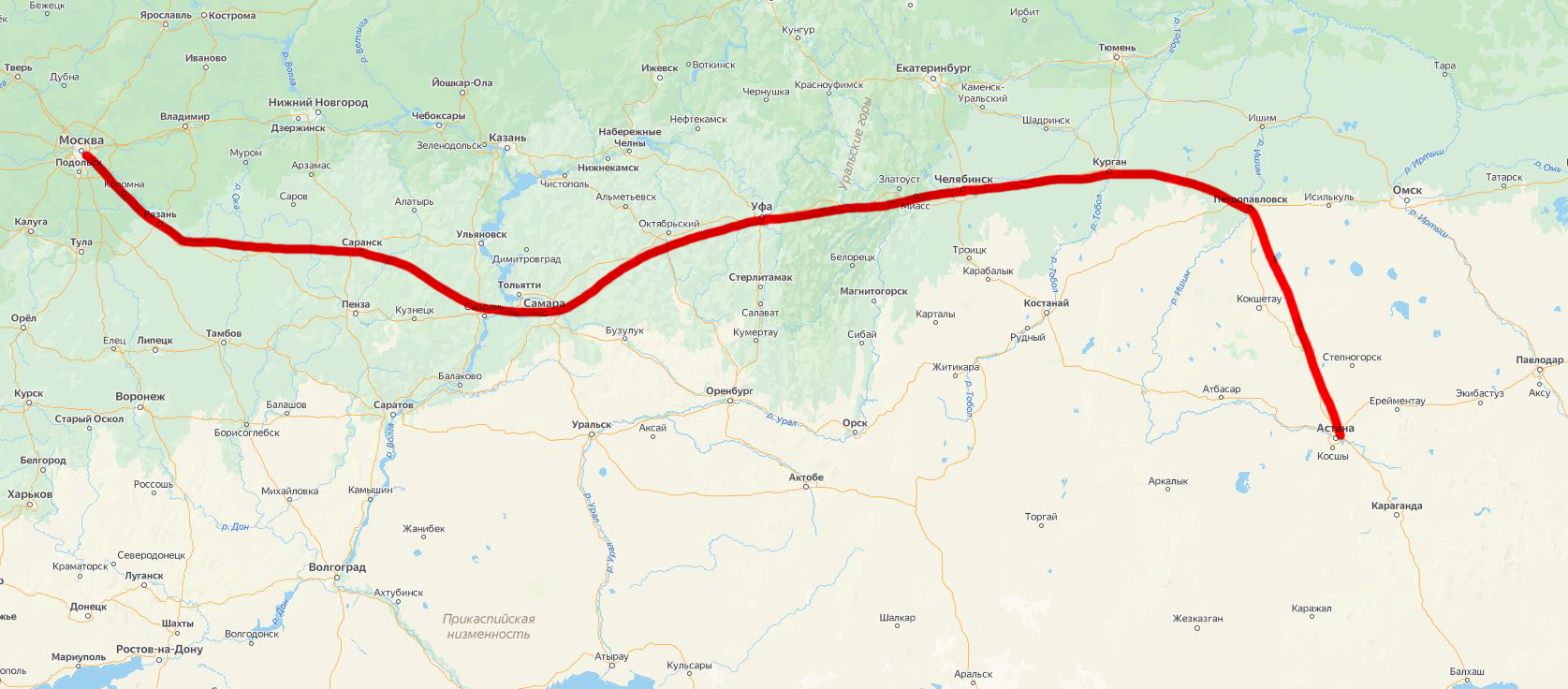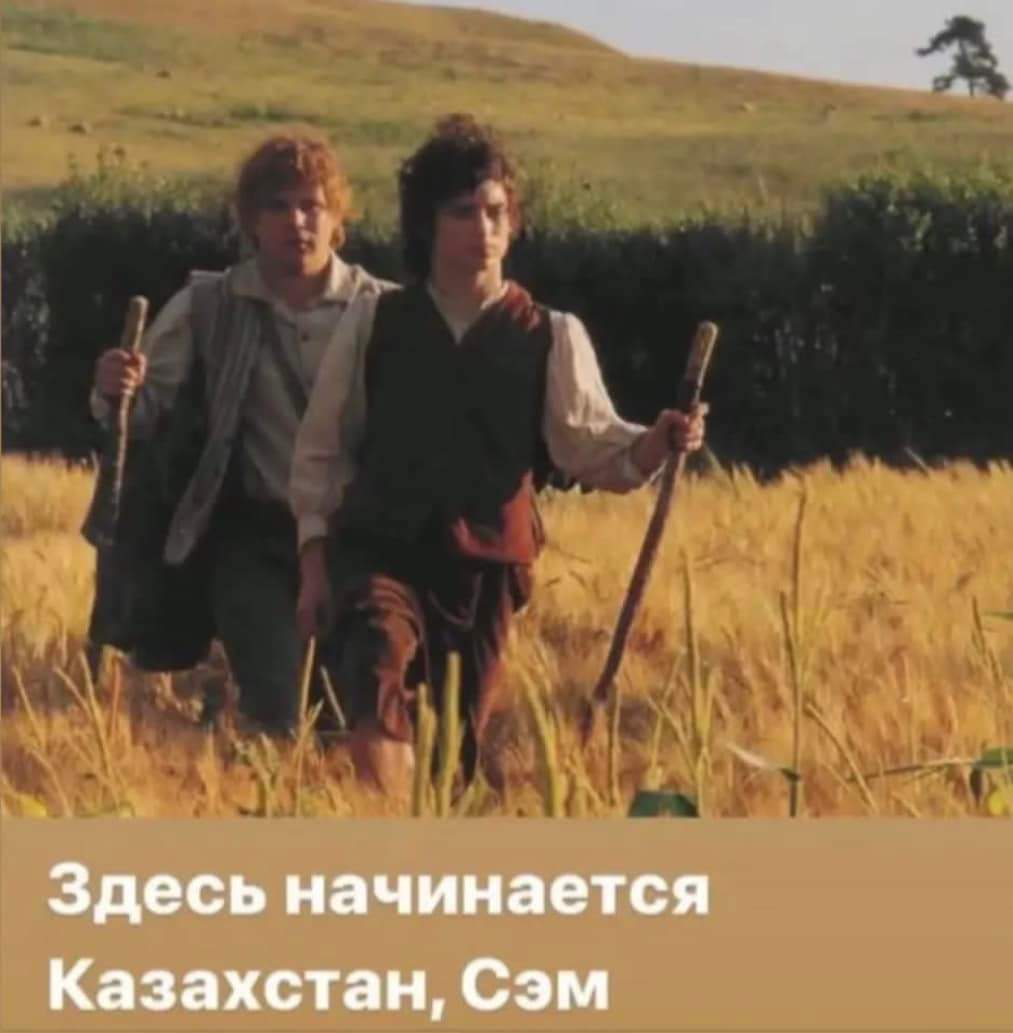| « Why working in Russia is no longer beneficial | Salaries in Russia » |
Relocation from Russia
I started thinking about moving to another country back in 2016, and in 2018, I actively started exploring options, including considering Estonia. I went to an Estonian tutor and began learning the language.
Overall, my progress in learning Estonian was going well. I had lessons with a teacher and made efforts to practice through the internet.
Somewhere in the middle of 2018, I made my first attempts to find a job or at least understand how to search for one in Estonia. I visited the International House of Estonia and searched for job opportunities on various websites. However, at that time, my qualifications were insufficient for working in the Estonian IT sector.
But for various reasons, this plan was not meant to happen. I wasn't particularly keen on moving to that country, as I didn't like the situation of immigrants in Estonian society, nor did I appreciate the climate. As a result, the relocation kept getting postponed, and time kept passing.

In 2022, when the war broke out, the decision to relocate was made quite quickly.
We started gathering and translating the necessary documents for Canada. It took about three months and cost over $5000. It turned out that translations were not as cheap as they seemed.
The process went something like this: obtain the original copy of a certain certificate, take it for translation and apostille, review the translation, and receive everything back. This usually took one to two weeks. Then we had to fill out a bunch of forms on the Canadian website and prepare the paper versions for submission.
By the end of August, the document package was ready. 800 grams of paper were sent to Canada through the Russian mail system.

During that time, I was also actively preparing for the IELTS English exam. I studied 3-4 times a week, took practice tests, and engaged in conversations with native speakers from England and the United States. In August, I traveled to Uzbekistan and successfully passed the exam.

But in September, mobilization was announced, and we had to get ready faster. The news was disheartening, and it became impossible to plan anything even a few days in advance.
There weren't many options for departure. Plane tickets were quickly sold out, and I definitely didn't want to spend days waiting in border queues.
Then I remembered that there were trains to Kazakhstan. They used to run directly from Moscow, but after the pandemic, they were operated from Samara.
I quickly purchased tickets that were reasonably priced. Two upper berths on the Samara-Karaganda train, as well as a ticket from Moscow to Samara on a double-decker train.

It turned out to be a strategic mistake to choose Astana as the destination. Later, I realized that I should have traveled all the way to Karaganda, where things were much cheaper.
We arrived in Samara on the morning of September 25th and once again visited the city of my childhood. We had a layover of about 6 hours there, during which we managed to grab a few meals and take a stroll around the city.


Some moments from city life.

At the train station, we stocked up on supplies, withdrew some extra rubles from the ATM, and in the evening, we successfully boarded the Kazakhstani train.
The compartment was a classic, old-style one with a nostalgic atmosphere.

For the first day, we traveled with empty lower beds, and two elderly ladies joined us later in Chelyabinsk. We had a journey ahead of us that would span 37 hours.

At the border with Kazakhstan, closer to the night, we spotted another option - a regular train that crossed the border. For a symbolic fee (around 100₽), people could transfer from Russia to Kazakhstan in this train. There were also many people with suitcases on board, but it wasn't overcrowded. It seemed like hardly anyone knew about this alternative.
There weren't many entertainments along the way. In the corridor, we found one power socket where we could charge our power banks. Occasionally, I scrolled through chat conversations about border crossing experiences, but there wasn't anything noteworthy. Mostly, we read books and drank tea to pass the time.

On the next morning, we woke up at the Ural Pass. There was snow outside, but inside the train, it was warm and cozy:
We crossed the borders smoothly. There were a few silly questions from the Russian border guards, but overall, the process was hassle-free, and they didn't even check our belongings. I jokingly told them that I was heading to Astana to take the IELTS exam.
We passed the Kazakh border while the train was still in motion. They boarded the train at a technical stop and quickly stamped everyone's documents. There were minimal questions asked. They seemed pleased to have another IT professional heading their way :)

On the following morning, we arrived in Astana, but I will write about our experience there in another post.


Towards the end, it was a bit surprising to see that in the first city in Kazakhstan where the train stopped, almost the entire train car got off, and an equal number of people immediately boarded. We didn't realize that train travel in Kazakhstan was so popular. The same pattern repeated when we arrived in Astana, with almost everyone disembarking from the train.
No feedback yet
Nikita
#IT #Explorer #ImmigrantSearch
Archives
- November 2025 (1)
- September 2025 (1)
- May 2025 (1)
- February 2025 (1)
- October 2024 (1)
- More...
